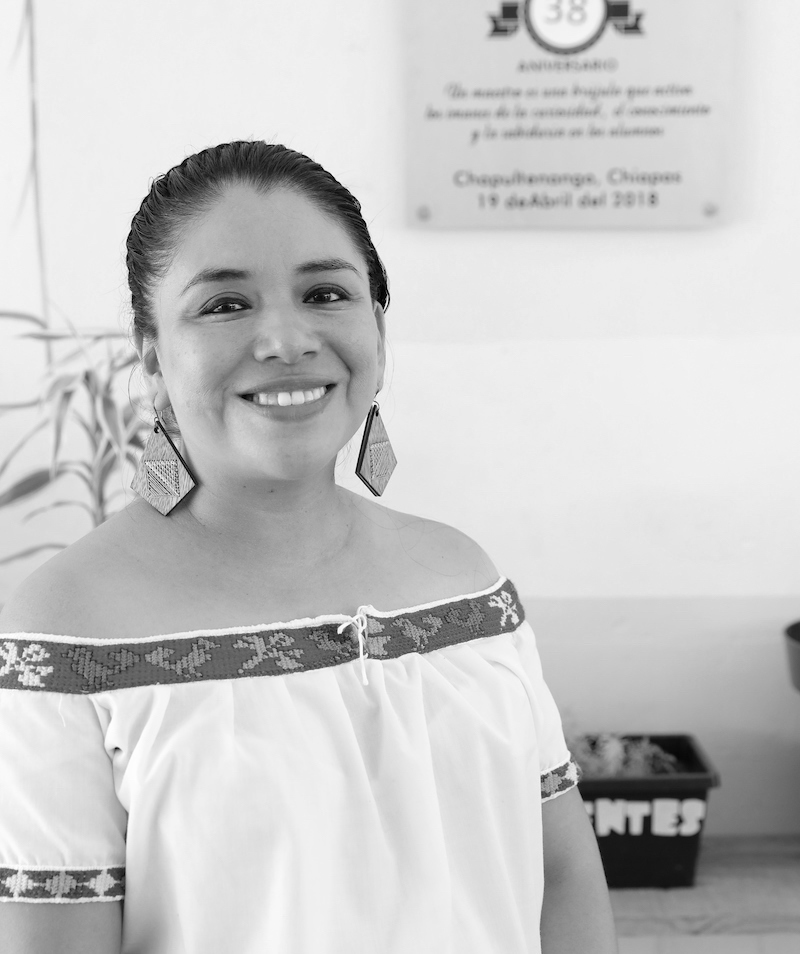Aisha
translated from the Spanish by Wendy Call and Shook
Guards the bitter taste of her sex
beneath her tongue
in Spain as in Morocco
remains the coppery girl
with wide hips
and sharp eyes
She left Marrakesh
like someone fleeing her own shadow
she avoids streetlamps and the full moon
the scent of green tea and hashish
she feels at home and in her skin
Her mother warned her of the dangers
of getting too close to bridges
and balconies
and lovers
her mother shared with her
the bitter taste on her tongue
the burning in her belly
of a woman saving herself for her first love
She will anoint her wedding dress
with the scent of hashish and cinnamon
so that her groom does not discover
the scent of other men that lingers on her
skin
She will offer her mother
the scent of hashish and mint
so that her belly might foster a son
the scent of hashish and cinnamon
so that Allah will give her a son
so that Allah will bless her man’s seed
Aisha
Guarda debajo de su lengua
la sensación amarga de su sexo
en España como en Marruecos
sigue siendo la muchacha cobriza
de anchas caderas
y ojos exactos
Dejó Marrakech
cómo quién huyendo de su propia sombra
evita los faroles y la luna llena
Olor a hachís y té verde
se siente en su casa y en su piel
Su madre le advirtió de los peligros
de acercarse demasiado a los puentes
y a los balcones
y a los amores
su madre le compartió
la sensación amarga en la lengua
el ardor en su vientre
de mujer guardándose para su primer amor
Olor a hachís y canela
le untará a su vestido de boda
para que el esposo no revele
el olor que su piel guarda de otros hombres
Olor a hachís y hierbabuena
le ofrecerá a su madre
para que su vientre albergue un hijo
olor a hachís y canela
para que Alah le dé un niño
para que Alah bendiga la semilla de su
varón
Aisha’
Kyiä’wänhpa tyi’ojtzkämä’
te’ takapyä’yoma’ nhtyi’omo’ajkuy’isnyi’e
te’ Espanyi’a te’ Marru’ekos
tere’ tumü’ papinyi’omo juka’putzäpä’
tijanh tzyi’anhkapä’
wiyunh ampapä’
tzyi’ajku’ Marrakesyi’
nhtä’ ‘pojyaj’pyajse nhtä’ nhkämunk
nhtä’ nhtenhpä’japyajse sänhkä’, tajsupä’poyaram
Hachis’omoma, tzoyu’yoki’uy tojksupä’
nhtä’ sukpa’ tyi’äjkmä’, nhtä’ sukpa nyi’aka’omo
Myama’is tzyi’ajmayu
jana’ tyena’ tome’ kätnäm’pamä’
jana’ tyena’ tome’
motzyi’anhtunh’mä’
jana’ tyena’ tome’ sutkuy’mä’
myama’is kyutzyi’u
te’ takapyä yomoma’ tyojtz’jisnyi’e
te’ jawaki’uy tzyi’ejkisnyi’e
yomo’ ne’ jyokupäis winapä’ jyaya’
Hachís’omoma kanela’omoma
maka’ yajk’ soje’ yasa’käjsi
wäkä’ te’ jyaya’is jana’ kyomujsa’
eyarampä’ pänis’yomoma wyänupä nyi’aka’is
Hachís’omoma, yerpapu’ena’omoma
maka’ nhtzyi’i myama’
wäkä’ nhtzyi’ejkomo nhtyi’enh’a tumä une’
hachís’omoma kanela’omoma
wäkä’ nhkyomi’ Ala’is nhtzyiä tumü nhka’e
wäkä ’nhkyomi’ Ala’is myasanh’äjya jyaya’is tyiämpu
From How to Be a Good Savage by Mikeas Sánchez. Translated from the Zoque and Spanish by Wendy Call and Shook. Copyright © 2024 by Wendy Call and Shook. Used with the permission of Milkweed Editions, milkweed.org

